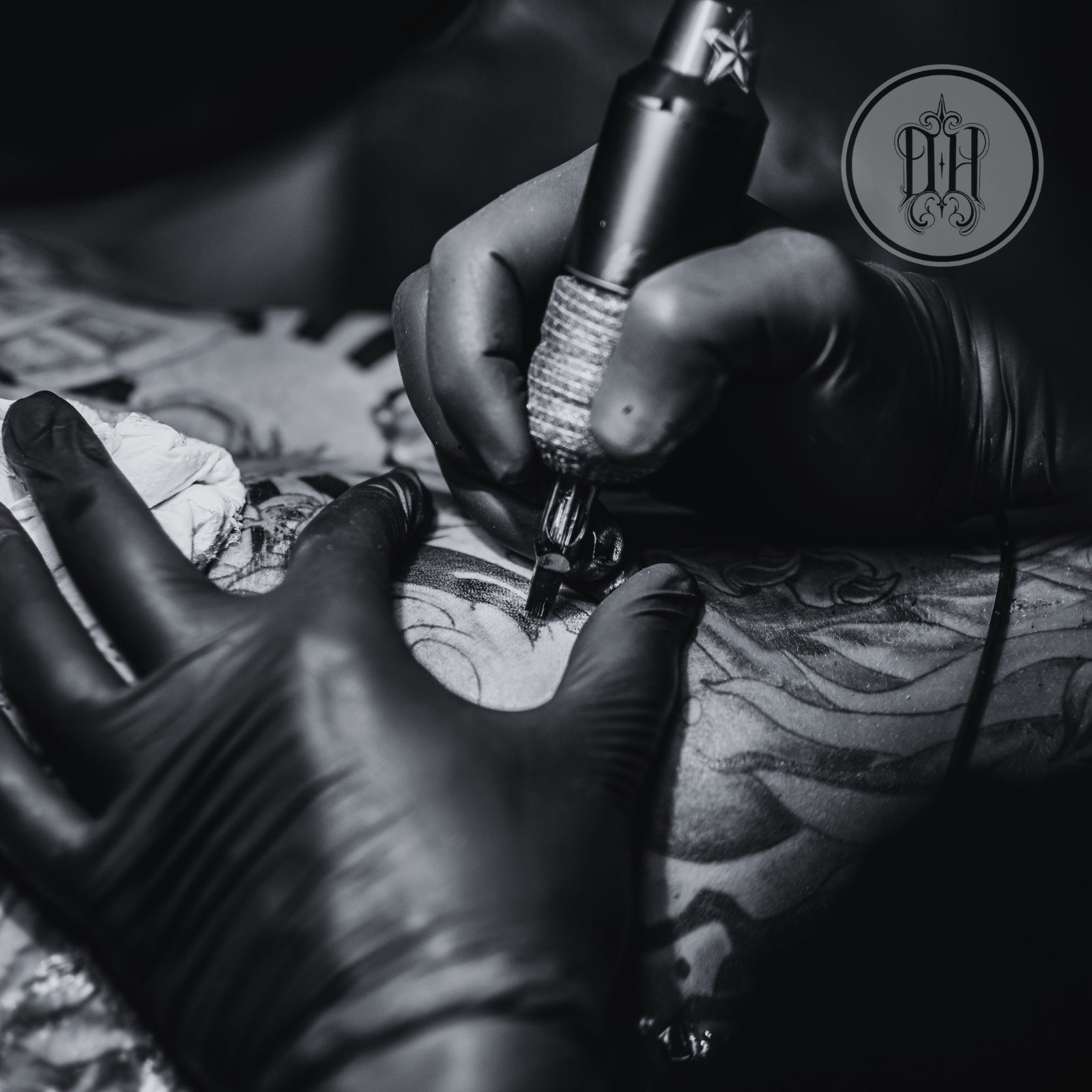

Beyond the Ink: The Psychological Impact of Tattoos on Identity
Tattoos have transcended their traditional cultural roles to become a mainstream phenomenon in contemporary society. They are more than just body art; they are a form of self-expression that can significantly impact an individual’s identity and psychological state. This exploration delves into the multifaceted psychological implications of tattoos on personal identity, self-expression, and societal perceptions.
Tattoos as a Form of Self-Expression and Identity
Tattoos often serve as a profound medium for self-expression, allowing individuals to narrate their life stories, beliefs, and experiences on the canvas of their skin. They can symbolize significant life events, personal achievements, or the loss of loved ones, serving as permanent markers of individual identity and personal history. The process of choosing a tattoo, its design, and its placement can significantly influence one’s self-perception and sense of identity.
The Therapeutic Effects of Tattoos
For many, the act of getting tattooed can have therapeutic effects, offering a sense of closure or healing from past traumas. Tattoos can serve as a form of self-care, allowing individuals to reclaim control over their bodies and experiences. This aspect of tattooing is particularly poignant for survivors of trauma or illness, where tattoos symbolize resilience, recovery, and the reclaiming of one’s body.
Social Perceptions and the Stigmatization of Tattoos
Despite growing acceptance, tattoos can still carry a stigma in certain societal circles, impacting social perceptions and opportunities. The visibility of tattoos can influence first impressions, employment opportunities, and social interactions. However, as societal norms evolve, tattoos are becoming increasingly accepted as a form of personal and artistic expression, challenging traditional stereotypes and prejudices.
The Role of Tattoos in Cultural and Group Identity
Tattoos often hold significant cultural importance, serving as markers of heritage, tradition, and community membership. They can signify belonging to a particular cultural or subcultural group, carrying deep symbolic meanings and connecting individuals to their roots and communities. This aspect of tattoos reinforces the notion that body art can be a powerful tool for maintaining and expressing cultural identity.
The Impact of Tattoos on Self-Esteem and Body Image
Tattoos can profoundly affect an individual’s body image and self-esteem. For some, tattoos enhance their body confidence and help them feel more in tune with their physical selves. By choosing to decorate their bodies in a way that reflects their inner selves, individuals can experience a boost in self-esteem and a stronger sense of personal agency.
Conclusion: Embracing the Depth of Tattoos
Tattoos are more than mere decorations; they are a deeply personal form of self-expression that can have significant psychological implications for identity, healing, and social integration. As society continues to embrace the diverse meanings and roles of tattoos, it’s essential to recognize the depth and significance they hold for individuals.
For those looking to embark on their tattoo journey, consider DH Tattooing, where artistry meets personal expression in a safe, professional environment. Contact DH Tattooing to transform your personal stories into lasting art.




